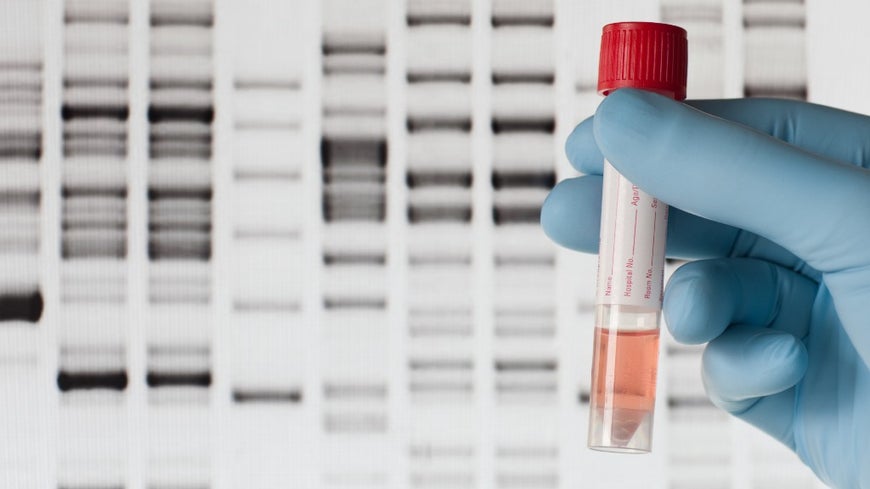Things you should consider before getting a DNA test

How does online DNA testing work?
You subscribe [or pay a one-off fee] and the online company sends you a kit. You spit saliva into a tube, which carries DNA from cells inside your cheeks. The company then uses a technique called high-density geno-typing, which samples over half a million single nucleotide polymorphisms (SNPs), tiny changes in the DNA code scattered throughout the human genome. This is compared to those of other subscribers on the online platform.
Humans have 99.9% genomes which are identical to everyone else on the planet. It’s that 0.1% that is of interest to these companies because that’s the difference between each of us. Of that 0.1%, we get 50% from one biological parent and 50% from the other. The more SNPs you share with another individual, the more closely related.
How accurate are genetic tests?
The tests will tell you which continent your ancestors came from. If your ancestors are African or European or East Asian they are very accurate. Beyond that, they won’t tell if someone came from one village in the Austrian Alps, compared to another village. We are not isolated any more in the modern world, so there’s a lot of mixing of DNA.
How much does a DNA test cost?
The [basic] kit is about $130 but these companies don’t make money from the kits; they make money by selling genotypes to pharmaceutical companies, not for nefarious purposes, but for research to produce medicines. They on-sell data stripped of data that might identify the donors. You can choose to opt out of on-selling your DNA when you subscribe to companies like Ancestry and 23andme. Be sure to read all the terms and privacy information.
What about privacy concerns?
DNA is just another type of information about you, but people tend to hold it sacred because they think of it as their essence. But we entrust people with private information about us every day in other forms – on Medicare, through app stores, giving out our address…
Some companies will identify your relatives in their database, leading to discoveries about unknown siblings and real biological parents. If you are going to use these services, you need to be aware that uncovering something unknown and unwanted is a possibility. If you don’t want any surprises, don’t subscribe.
Should I consider ethics when deciding to do a test?
We are entering an era where medicine is tailored towards your genetics. We can already sequence a human genome for under $1,000, so anyone with the cash can have their DNA sequenced and their risk of disease predicted. Where it gets ethically murky is if you find out you are genetically predisposed to a type of cancer. As you are genetically close to your siblings, parents and children, you immediately know their predisposition, too. So, the ethical question becomes should you tell them?
The last word on DNA testing
It’s a case of buyer beware. You need to be an educated consumer when considering whether or not to go through with genetic profiling.
21 Jan 2021